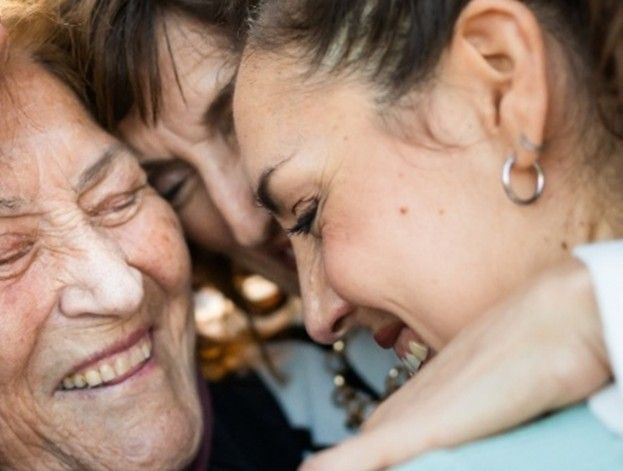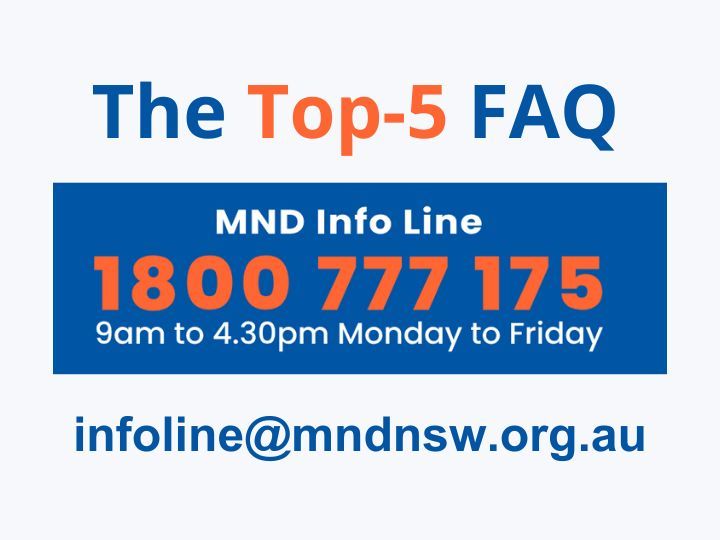While we are the lucky country, as Australians we constantly face natural disasters. Summertime can signal the devastating impact that floods, fire and heatwaves can have on communities and individuals. Part of our resilience is being prepared.
Don’t delay….create a personal emergency plan today!
Developing a personal emergency plan can give you and your family peace of mind before, during and after a disaster occurs. It also gives you sense of control when things out of our control happen. Below are some scenarios to consider and resources that can assist you.
Emergency planning for you as a Carer
An emergency can arise at any time. Sometimes you need step away from your caring responsibilities unplanned and at short notice.
It can be confronting to find yourself in a personal crisis while you are caring for someone who has complex and evolving needs, especially if you are on your own.
Carer Gateway provides essential information for you to consider in these situations, including emergency respite.
Emergency planning for the person you care for
It’s handy to have all the essential information about the person you care for in one place that is easy to grab or hand over to someone else.
This can cover the details of your family members, friends and the multidisciplinary team including palliative care that support the person living with MND in the notes section.
You can download an emergency care plan here, or use it as a guide to create your own customised plan that works for you and your loved one.
The Physical Disability Council of NSW has developed a website called I'm Okay | Emergency Planning for People with Physical Disability.
Designed by those with lived experience, it helps people with disability confidently respond to a range of emergency situations.
To work out your preparedness, capabilities and support needs, there is a Person Centred Emergency Preparedness Toolkit (P-CEP) which you can access here. This includes what to do if there is a dust storm or …a dreaded power outage.
It’s important to consider having a backup plan for life support equipment. The Australian Energy Regulator provides some guidance about what steps you can take.
In addition, the NDIS may fund batteries for some types of assistive technology for use outside the home. Speak to you Coordinator of Support or NDIS Planner about it.
You can also find additional information from the Carers NSW Disaster Preparedness Hub and Services NSW
Upcoming webinar
There is an upcoming FREE webinar called ‘Caring Through Crisis: Disaster Planning’ run by Carers NSW on 27 February. For more information and to register click here
Health information and advice
When in doubt:
- You can speak with a registered nurse 24/7 for free at HealthDirect on 1800 422 737 for a non-life-threatening health concerns.
- For life threatening emergencies call NSW Ambulance on 000
- There is some helpful information now on the NSW Ambulance website about staying safe in a heatwave.
Mental health
Looking after our own mental health is critical when we are supporting someone else. Living with MND can impact all of us.
As a carer, you can access free counselling through Carer Gateway, in person by yourself, in a group, and over the phone.
When things are really tough call:
- Lifeline 13 11 14 for emotional distress, crisis and suicide prevention support;
- Mental Health Line 1800 011 511 for the NSW Health’s 24/7 statewide phone service which links people with NSW Health mental health services;
- Kids Helpline 1800 551 800 Phone counselling service for children and young people aged 5-25.
As Dorothea Mackellar reminds us, we love our sunburnt country, a land of droughts and flooding rains. But in all her beauty and her terror… together we must prioritise our safety.




